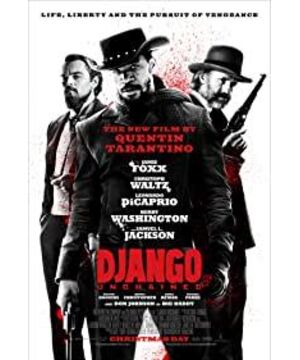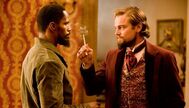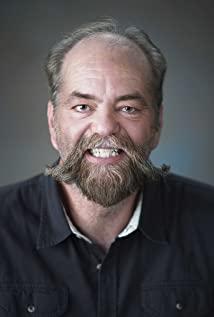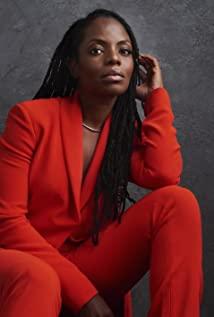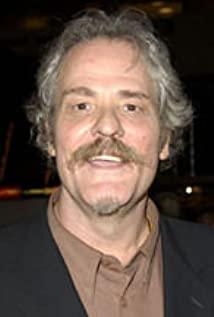Like Django's first sentence to meet a lover is "Hello, my little trouble-maker"
The film portrays the darkness of pre-Civil War America in Quentin's usual fashion.
Negroes were treated as objects or property and disposed of at will. It can be used to fight, called Mandinger fighting, where two black slaves fight until one of them dies. Negro slaves were used for the lowest jobs, not as human beings, but as animals inferior to dogs. So everything politically correct, so far, doesn't seem to be able to offer an apology that pays enough to those fellow black people who died.
Although I don't know what the purpose of the German doctor was, at least from the beginning to the end he was the only white man who regarded black people as normal people. And the housekeeper is also the most ironic person who tortured black people with all kinds of torture and made suggestions for white people. Even in the end, I hoped that he would have a little awakening as a black person, but unfortunately he did not. This is also the ingeniousness of Quentin's script, the two people exist as opposites of each other from beginning to end.
Leonardo's section where he took out Old Ban's skull and explained why black servility originated from skull tectonics was wonderful. It also shows on another level that white people are genetically discriminated against black people, not because of what you did, but because you were born to be. This is so cruel and ignorant.
I also love this whole supposedly tacky storyline. Quentin overcomes all odds to rescue his trafficked wife to come to her. When the doctor looked his wife in the eyes and said "I finally understand all the love for you is not surprising". At that moment, I felt Quentin's romance.
To quote Wang Xiaobo's words, "When I step over everything that has fallen and shoot towards eternity, you are my flag."
The first film of the Year of the Ox was a good start.
View more about Django Unchained reviews


